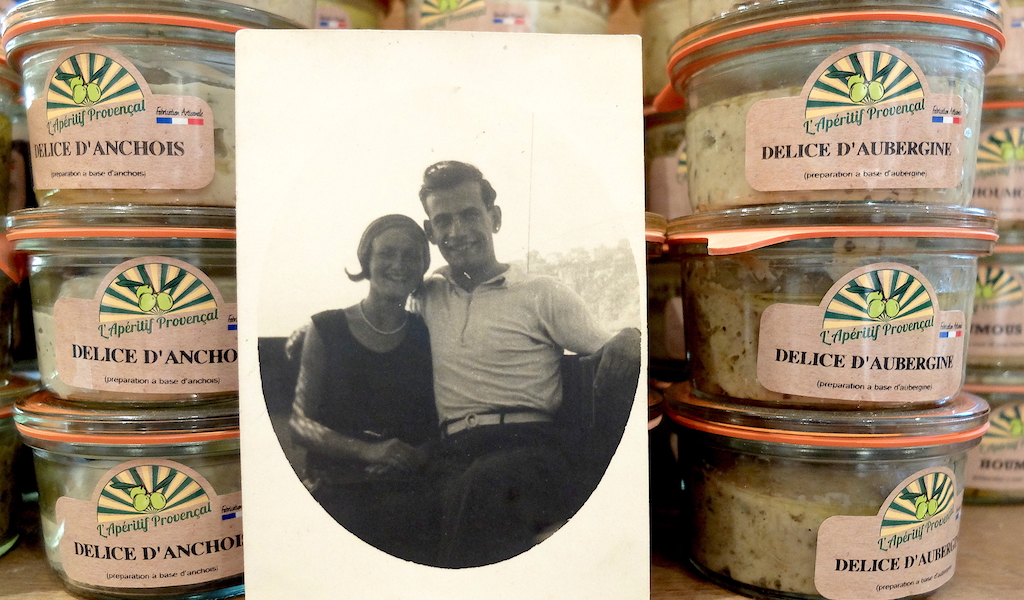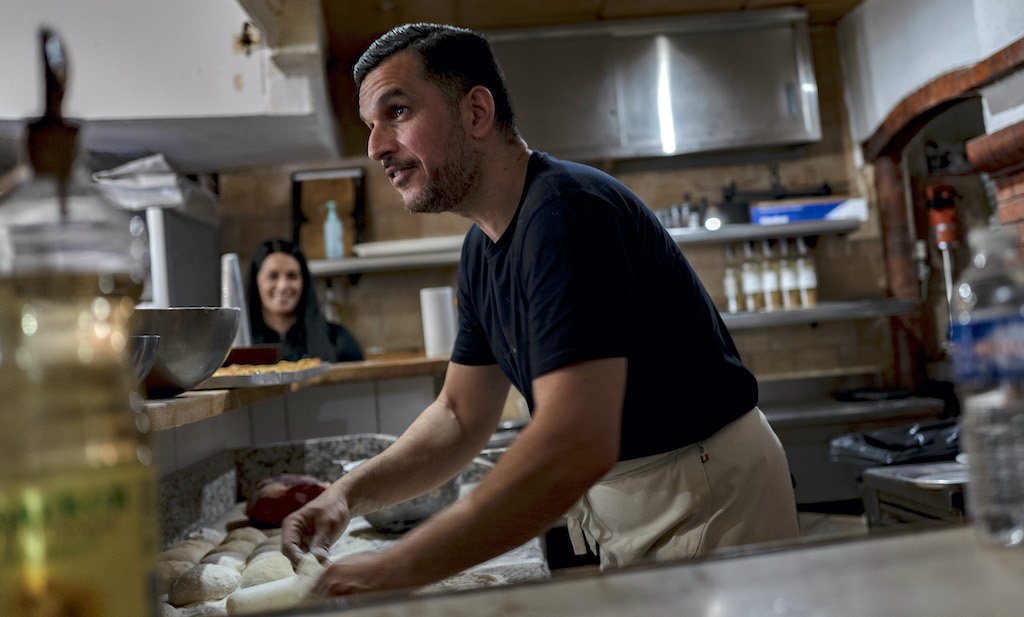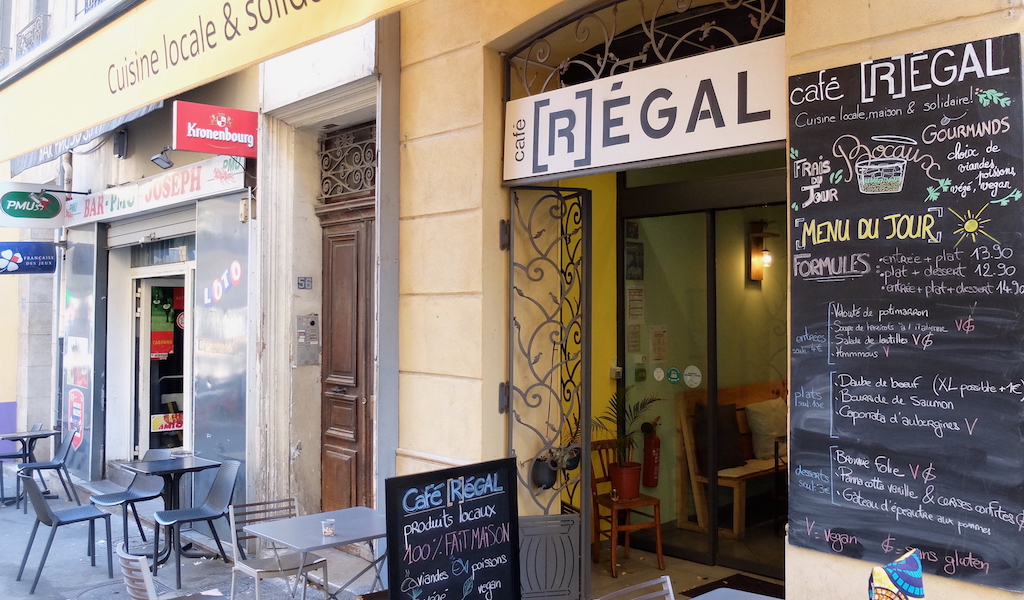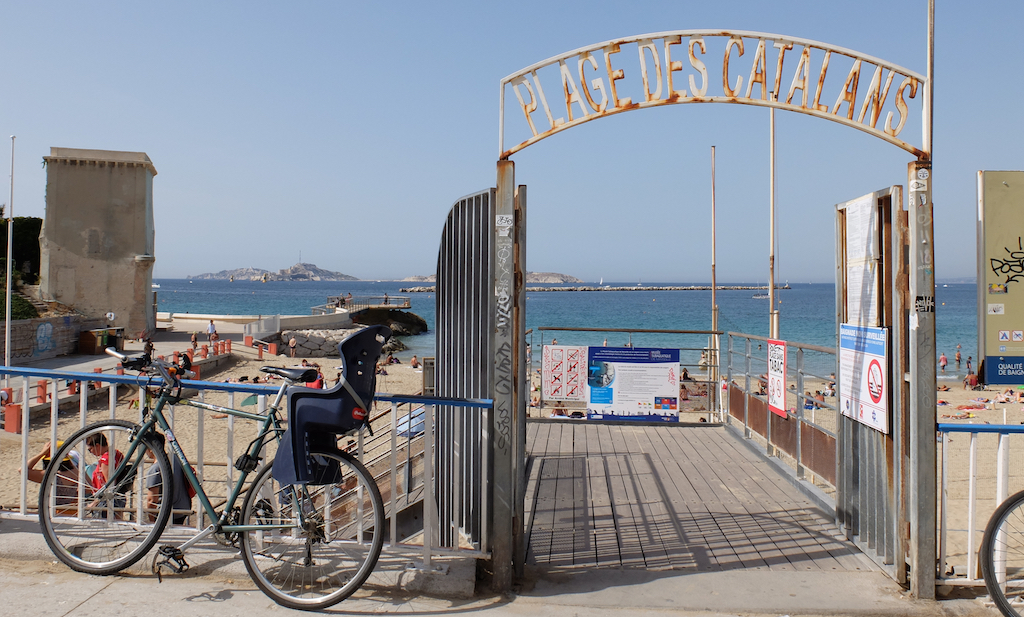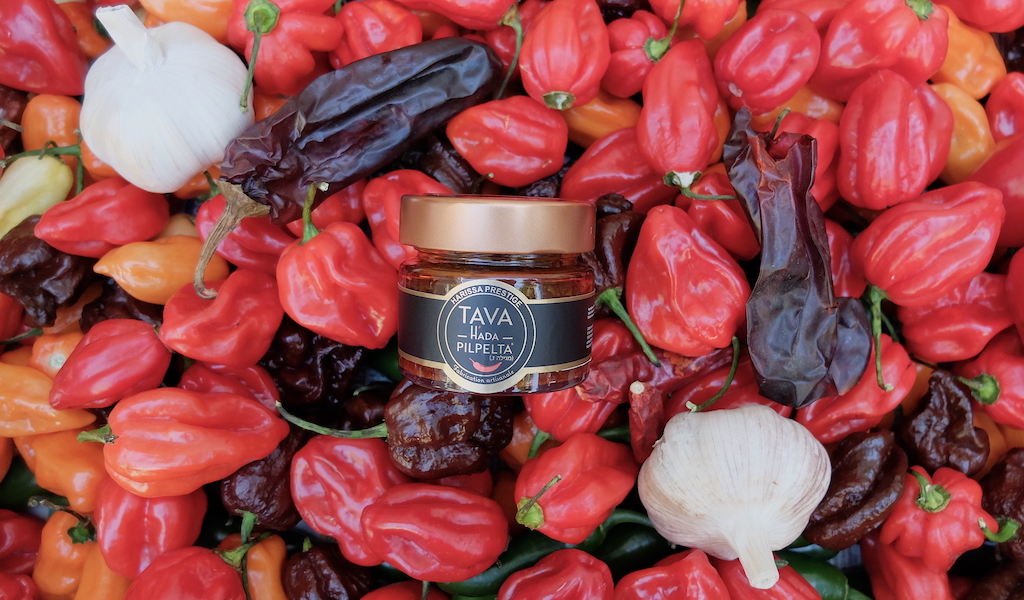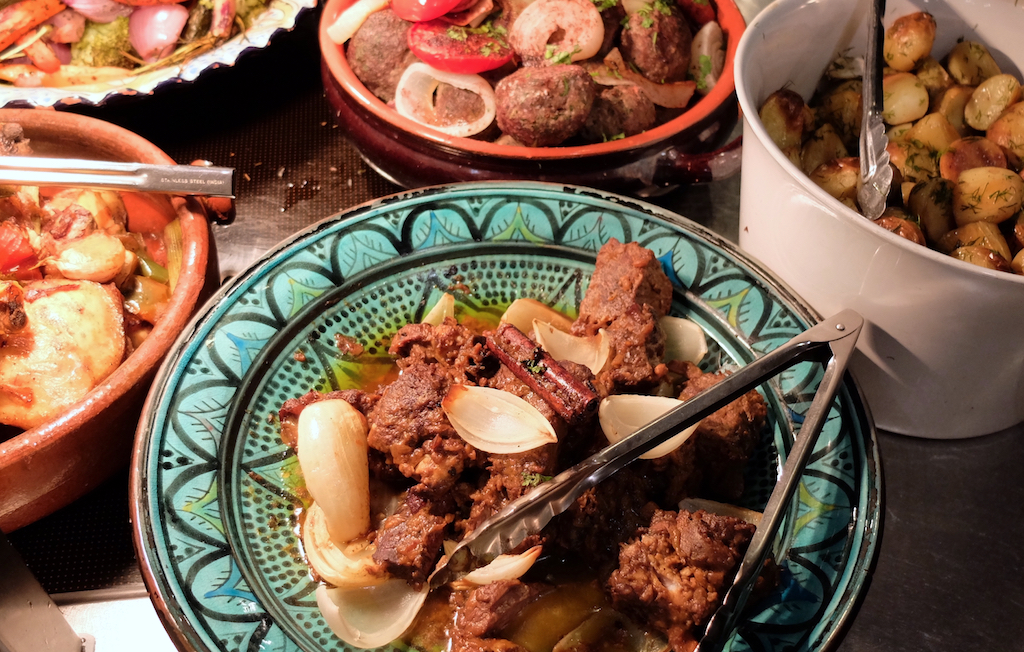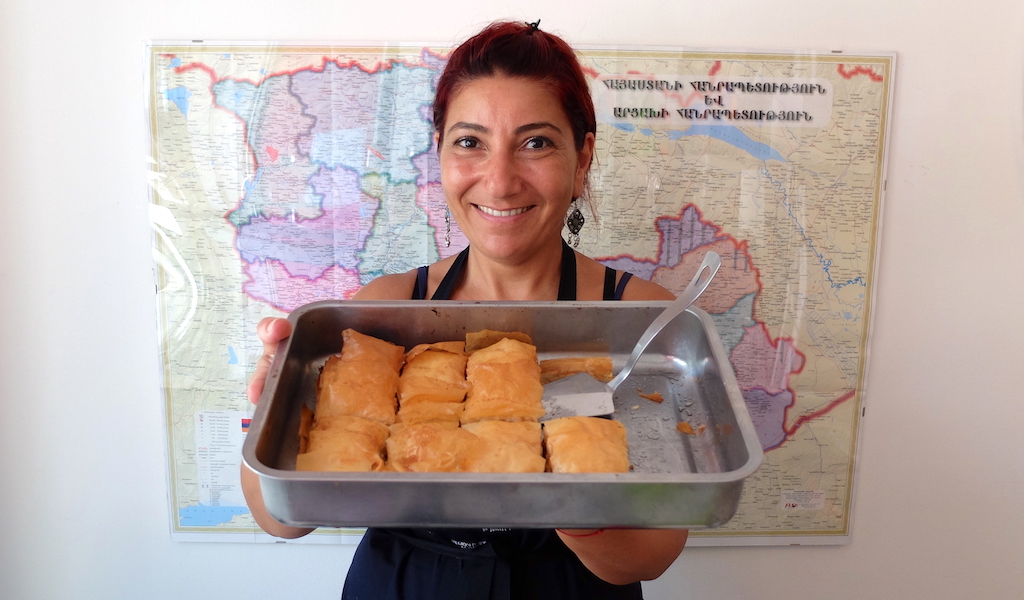We can't find the internet
Attempting to reconnect
Something went wrong!
Hang in there while we get back on track
Search results for "Alexis Steinman"
Marseille
Fernand et Lily: Cheese and Conversation
Since the start of the Covid-19 pandemic, the value of shopping local has grown more and more apparent, especially in France. The country that coined the term hypermarché (big-box store) has returned to its roots. As of January 2021, 75% of consumers put “regional products” at the top of their shopping priority list, according to a report by France 3 news. Another study by AlixPartners confirmed that “friendliness is the foundation for retailers.” Serving up these two artifacts revived form another era is a new épicerie in the heart of Marseille. Fernand et Lily combines regional goods and old-fashioned conviviality. Owner Julien Baudoin has passionately and personally selected each of the shop’s products – including Marseille-made microbrews, Provençal nougat and raw cow’s milk cheese from the Hautes-Alpes.
Read moreMarseille
Chez Etienne: Pizza Marseillais
“Those who don’t know Etienne, don’t know Marseille,” insists a French weekly in a piece about the cult pizzeria. They were raving about both place, Chez Etienne, and person, the enigmatic Etienne Cassaro, who transformed the worker’s canteen his Sicilian dad opened in 1943 into a local institution that endures today. Though Etienne’s light went out in 2017, his son, Pascal, continues to carry the family torch – alongside a long-standing staff who have been there for decades. Aptly located in the equally mythical Le Panier quartier, Chez Etienne is home-style cooking served in a homey setting. Inside a convivial room divided by stone archways, the tables are packed with regulars, tourists and politicians from nearby city hall (including Mayor Gaudin) who tuck their ties in their shirt to keep them from getting splattered with pizza grease.
Read moreMarseille
Café (R)égal: The Helping Kitchen
Walking inside the bright Café (R)égal, the familiar ingredients of a sustainable restaurant can be seen. Here, a chalkboard lists the local farmers from which foodstuffs are sourced. Each table is topped with cloth napkins instead of disposable paper. A poster on the wall shows the happy chickens that benefit from the kitchen’s compost. All these elements minimize Café (R)égal’s impact on the environment. What makes them unique, is how this conscientious café is also making an impact on people’s lives. Café (R)égal is a restaurant d’insertion, meaning it offers work training to people with disabilities. These apprenticeships provide a much-needed springboard into the workforce and something even more essential: a place where folks of all backgrounds are on the same footing.
Read moreMarseille
Maison M&R: Seaside Southern Comfort
A 16th-century tower stands at the southern edge of the Plage des Catalans, the closest beach to Marseille’s city center. The Tour Paul was one of the city’s lazarets, quarantine stations for sick sailors to prevent disease from entering the city. In ruins after centuries of erosion, the Infirmerie Vielle (“Old Infirmary”) is now being rehabilitated thanks to a successful historical preservation campaign. One hundred yards away, a modern infirmary has had a different fate. It’s been transformed into a homey restaurant. At Maison M&R, healing comes in the form of comfort food, homemade pastries, and a familial welcome. The café’s community vibe is fitting for the village-like Catalans quarter.
Read moreMarseille
Tava Hada Pilpeta: Hometown Harissa
Though synonymous with Tunisia, Algeria and other North African nations, harissa’s main ingredient helms from Mexico. After 1492, chile peppers crossed the Atlantic via the Columbian Exchange, trading between the New World and Old World. It was Spain that introduced Tunisia to the spicy capsicum during their 16-century occupation. The Arabic verb harasa means “to crush or press,” and the process of pounding the pepper into a paste with olive oil, garlic and various spices gave birth to harissa. For centuries, the hot chile paste has been used to flavor simmered stews and as a condiment throughout the Maghreb and the Middle East – and, in Marseille, as immigrants have infused the multicultural city with their food traditions.
Read moreMarseille
Souk de Nour d’Egypte: Mediterranean Feast
A few blocks from the fragrant street stands of Noailles, another multicultural bazaar unfolds indoors. An aproned man fries up falafel balls to stuff into sandwiches. At a wooden cart besides him, a girl pushes sugar cane into a whirring juicer that pours out the sweet nectar in a glass. Down the hallway, two women finger bolts of colorful Egyptian fabric and glittering ribbons. The Souk de Nour d’Egypte is a feast for the senses. Every inch of the soaring space is filled with something delicious or decorative. In the front half, wooden carts brim with spices, ice cream and other foodstuffs, leading to a long counter laden with baked goods, cooked dishes and a medley of salads.
Read moreMarseille
Couleur Grenade: An Armenian Tale
Order a grenadine in France, and you’ll get a glass of bright red syrup made from pomegranate to sip with water for a refreshing quaff. In Armenia, the grenade – pomegranate – is a national icon, depicted in art, consumed at meals and made into a local liqueur. Stemming from the country’s ancient mythology, the grenade symbolizes fertility and abundance, making it a fitting name for Couleur Grenade, a female-owned Armenian restaurant in Marseille. From stuffed eggplant to tchi kefté (beef tartare), Couleur Grenade offers a lexicon in Armenian cuisine. Growing up in Lyon, the restaurant’s owner, Gayane Doniguian was French at school – her friends called her Delphine – and Armenian at home. Cooking with her grandmother at an early age sealed her love for Armenian cuisine.
Read more